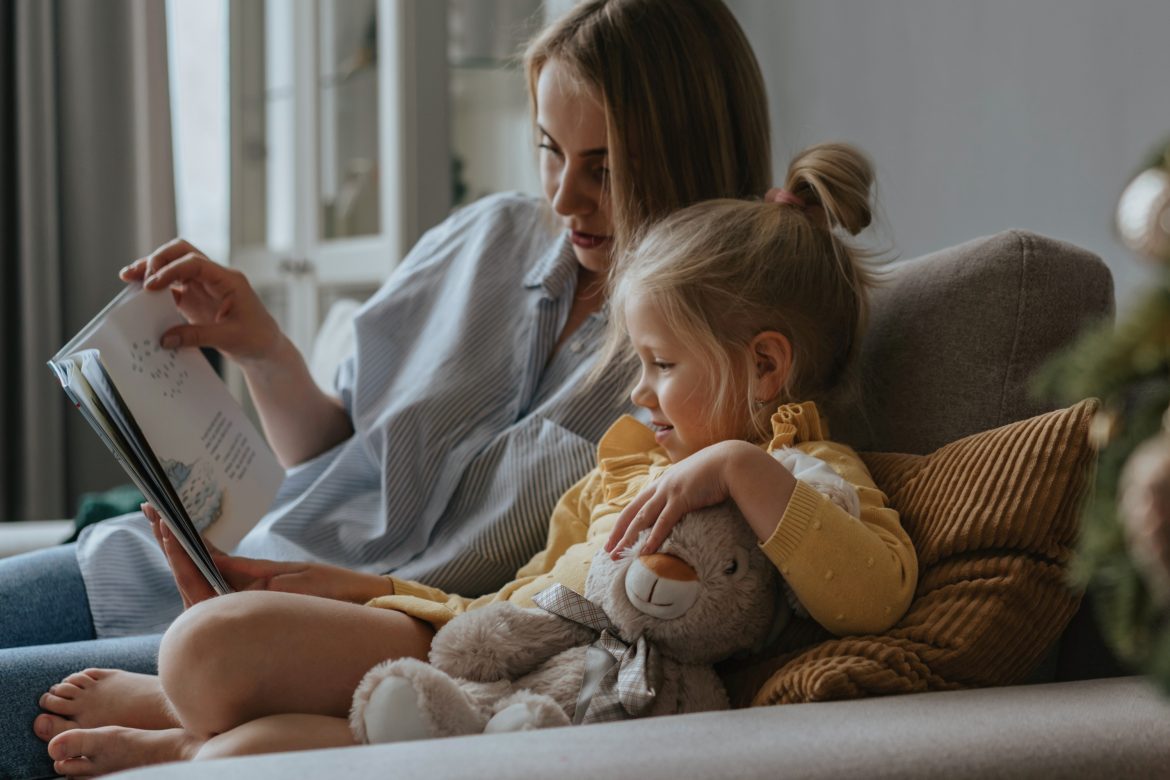By Sarah R. Moore
Although I’d heard this day was coming, today was the first time my daughter said, “I don’t love you, Mommy. In fact, I don’t even like you.”
She’s eight. I knew this moment was inevitable. In an odd way, I craved it, if only for the sake of wanting to get it over with. It’s one of those awful rites of passage that parents almost invariably go through — along with that fateful and heartbreaking transition from “Mommy” to “Mom,” and watching our children get older faster than anyone could’ve possibly explained that they would.
The passage of time through the lens of parenting is an unfathomable thing.
And now, today, she’s old enough to utter those painful words.
“I don’t love you, Mommy. In fact, I don’t even like you.”
She’s able to feel those words deeply in her soul (at least in that moment) and communicate them with the unrelenting honesty that only a child can convey. These are the words that shift and stir things in our parenting hearts, making us wonder if we’re going to be okay. “We” as a parent/child unit — will we heal from this and be stronger, or did we create an emotional chasm that’s too deep to fill? And for me, will I heal and forgive myself for what made her feel the pain behind these words?
My soul ached; its virginal hopes of somehow magically being an “exception” to many of these tough moments had just been blown to smithereens.
In these moments, we wonder if these will be our children’s memories of us someday. Dear God, I hope not.
Here’s the thing. One of my job titles is “Master Trainer” for a global conscious parenting organisation where I train adults how to have connection-based relationships with their children. In my work every day, I help people create more peace in their families.
This moment was not peaceful. In fact, it hurt terribly. Cue imposter syndrome.
Also: cue being human. Humans feel things.
My soul ached; its virginal hopes of somehow magically being an “exception” to many of these tough moments had just been blown to smithereens.
My daughter was upset because I was upholding a boundary that I’d failed to explain ahead of time. I was feeling frazzled about something else at the time. My emotional discombobulation came out harshly to her sensitive soul. In hindsight, I certainly didn’t express the boundary with nearly as much empathy as I should have.
There’s more to the story, though. She’d been crying big, heavy tears as she’d said those words. As they fell down her still baby-soft cheeks, she was on my lap — her “safe place” throughout her life — telling me what an awful thing she thought I’d done.
I get to translate her unmet needs; her pain; her sorrow — into something we can solve together. This is, despite appearances, a great moment of connection.
She also wanted me to read her a story.
“Why would you want a story from me now,” I asked, “while you’re so mad at me?”
“Because you’re more comfortable than Daddy, and no one else understands me the way that you do.” (I knew the answer. She wanted to co-regulate with me. My tender heart asked that question before my brain could intercept it.)
In that moment, I realised she still feels safe here. These “I don’t love you” words are big ones, but she’s secure enough in my love for her that she feels safe to say them. She’s still coming to me. She’s not shutting me out. This is her way of giving me a strong message about her normal big feelings. That’s all. She’s human, too.
Her words aren’t the full story. If I were looking from above, I’d see a sad little girl saying something many times her size — words that are foreign to her tender lips — yet she’s saying them in the safest place she knows. She’s pouring her heart out to me. My job is to look for the underlying message. I get to translate her unmet needs; her pain; her sorrow — into something we can solve together. This is, despite appearances, a great moment of connection.











